Depression in older adults
Older people are at risk for depression, are underserved by the mental health profession, and have the highest rates of suicide in the country. But many seniors are resistant to treatment because they don't want to burden their families, or equate depression with weakness or even death."One of the hardest questions I get from families is, 'How can I get my elderly loved one mental health help when they don't want it?' " says Joel E. Streim, MD, professor of geriatric psychiatry at the University of Pennsylvania.
Don't dismiss symptoms
Depression is not normal bereavement or stress."If your parent is not eating for more than a few days, or loses interest in activities that used to give her pleasure for more than two weeks, it could be depression," says Dr. Streim.
Talk about how they feel
If your father can no longer drive, offering to drive him around or pay for a taxi service won't necessarily soften the blow."The elderly are less likely to cope with loss as well as young people because of the added years of meaning behind it," says Kathleen Buckwalter, PhD, RN, professor of gerontological nursing at the University of Iowa.
Caregivers can help by recognizing its significance: "Ask your elderly parent what they feel about the loss. It's really important to hear them out and honor their emotions. Listening offers direct comfort and support."
Look for subtle signs
"Older adults often say, 'I am not sad,' or 'I am not lonely,' because they don't want to be a burden on the family," says Dr. Streim."Instead, they show signs of distress by wringing their hands excessively, getting agitated or irritable, or having difficulty sitting still."
Don't impose your terminology
"For the person who says, 'No, I am not depressed,' I listen closely to what has changed in their life," says Dr. Streim.For example, if a patient says she can't sleep, he uses that as a hook to discuss ideas about how to sleep better or longer.
"I don't say the words 'depression,' 'drugs,' or 'therapy' if an older adult doesn't buy into the idea that they need help," he says.
Recognize that depression is an illness
Family members should be aware of the disability that depression can cause and should avoid making depressed parents or relatives feel guilty by telling them to get out more or pull themselves up by the bootstraps."I have seen people so sick with their depression that they can't get out of bed," says Dr. Streim.
Don't take over a person's life
Buckwalter urges caregivers not to try to do things for older people that they can do for themselves."Doing things for a depressed person is often not helpful at all, because it reinforces their perception that they are worthless and incapable," she says.
Instead, help your elderly relative break tasks into steps and praise them for any efforts.
Try to participate in medical care
Because of new confidentiality laws, geriatric psychiatrists can't disclose information to families without their patient's permission."Many older people do give us that permission," says Dr. Streim. "If they don't, family members can always call me and let me know what they are seeing, and it is helpful when they do."
http://www.health.com
 7:46 AM
7:46 AM
 About the World
About the World
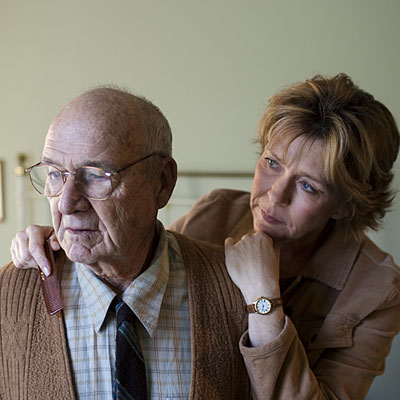
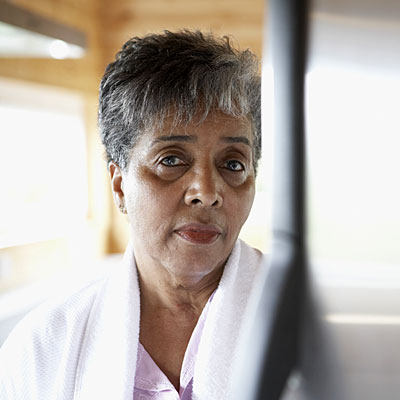
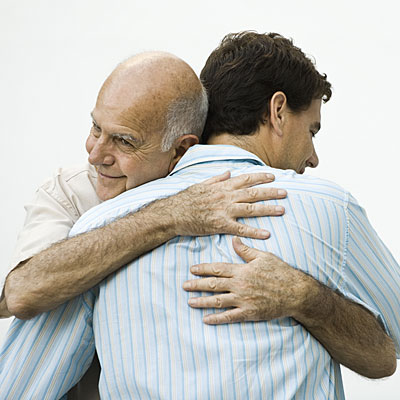
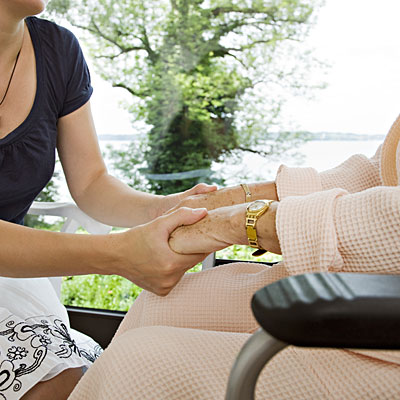
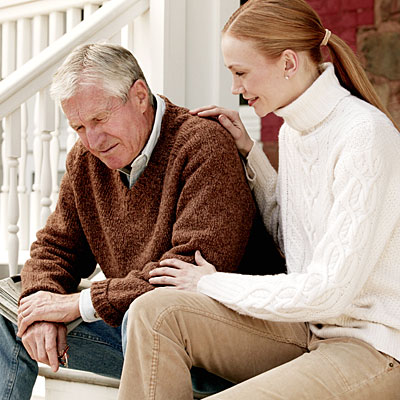
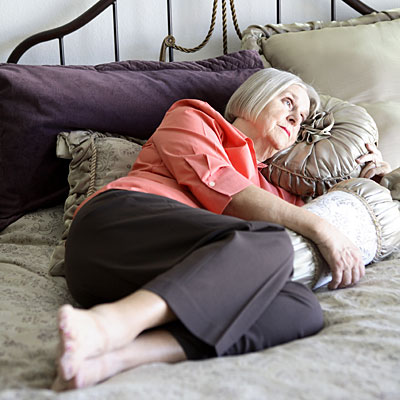
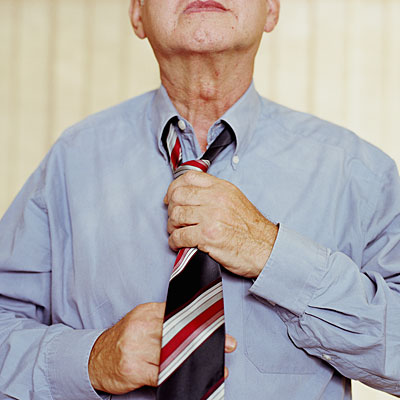
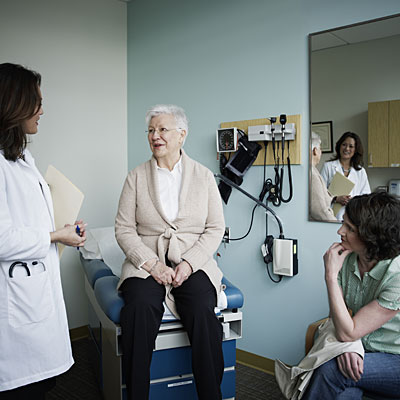


0 comments:
Post a Comment